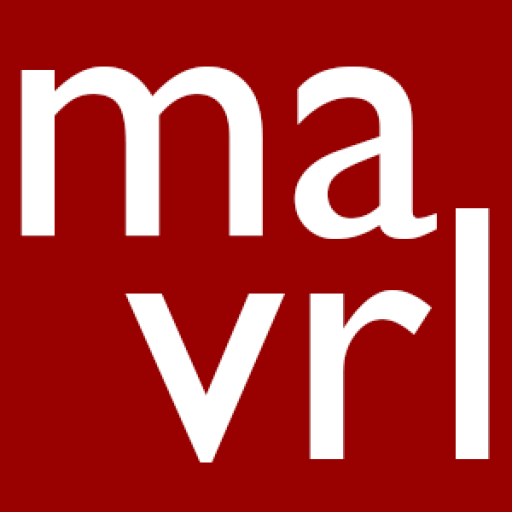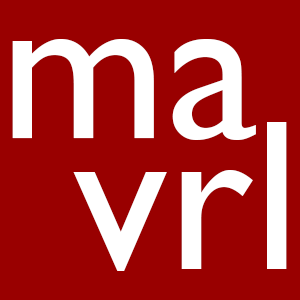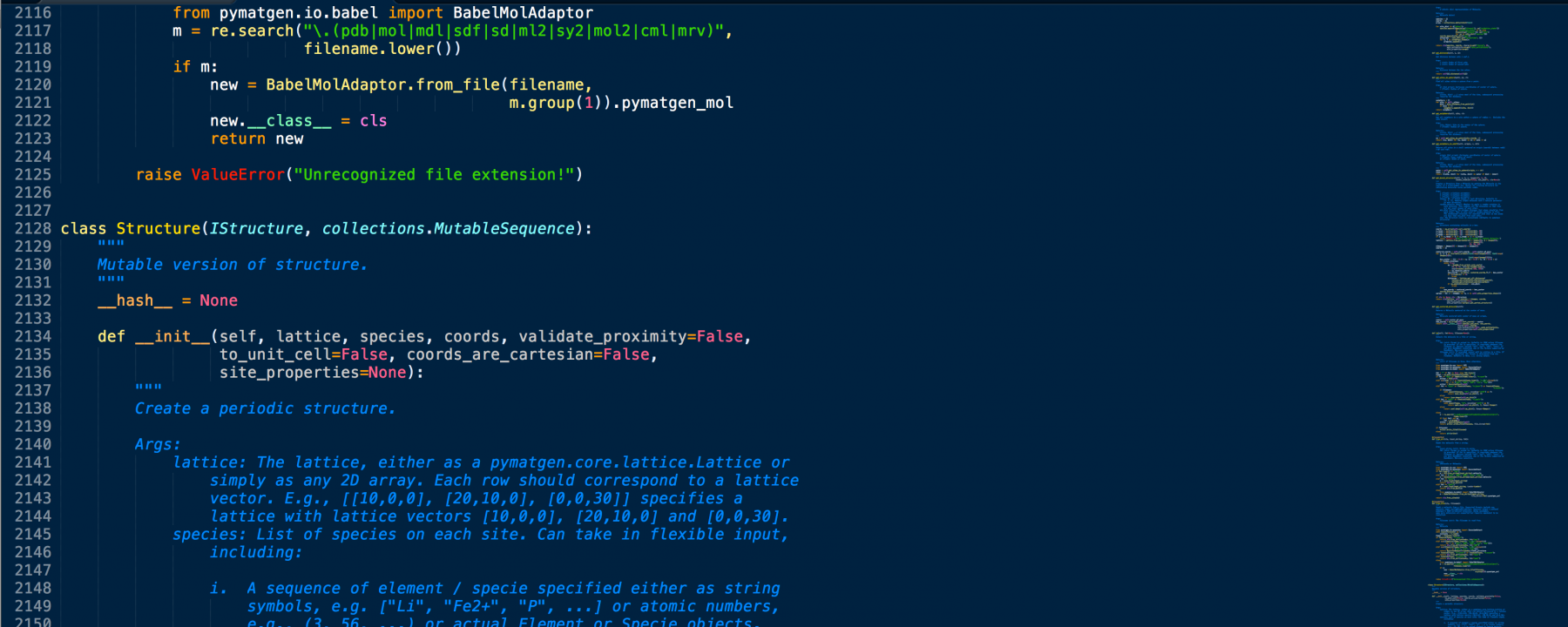matgenb – Getting data from the Materials Project
The Materials Virtual Lab has started matgenb, a new public repository to share example notebooks that demonstrate the utilization of open-source codes for the study of materials science. We frequently get requests (from students, postdocs, collaborators, or just general users) for example codes that demonstrate various capabilities in the open-source software we maintain and contribute to, such as the Materials Project software stack comprising pymatgen, custodian, and Fireworks. This repo is a start at building a more sustainable path towards sharing of code examples. The first example notebook has been posted on Getting data from the Materials Project.




